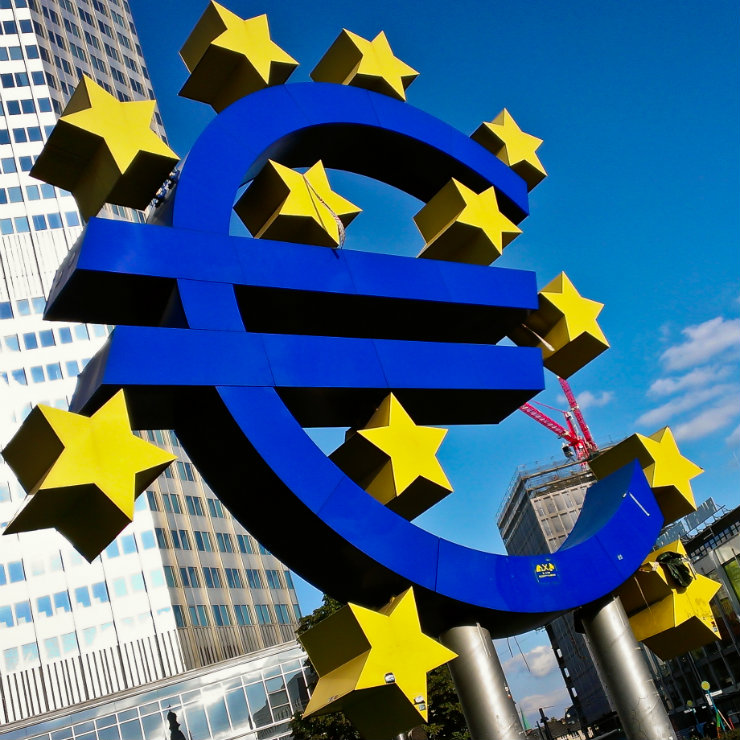
According to local media, the Croatian National Bank (CNB) has developed and analyzed a strategy for the euro implementation which is supposed to be implemented by 2022 or 2023.
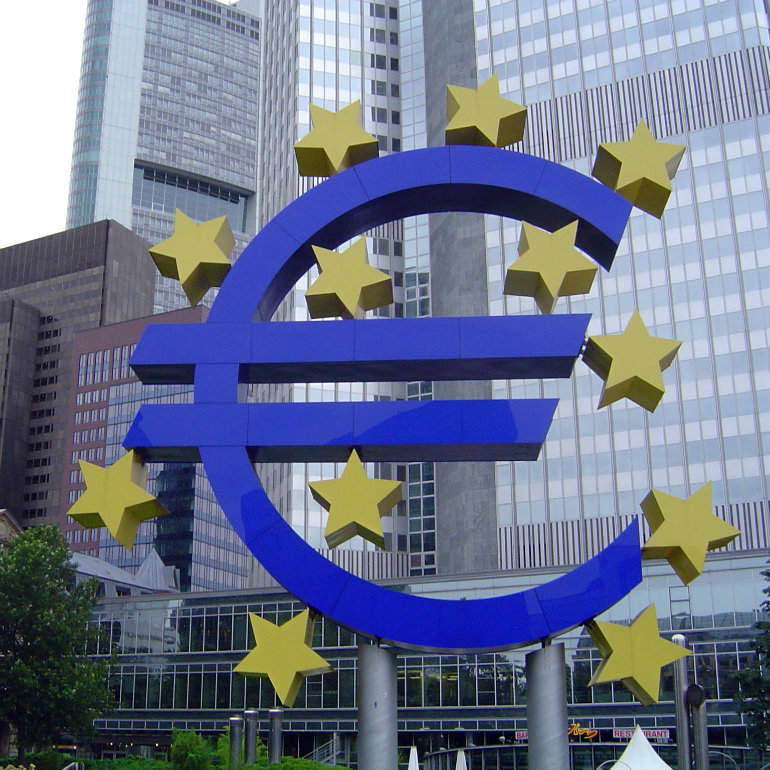
The rising role of trade, foreign investment, and the flows of labor force indicate that the Eurozone is integrating.
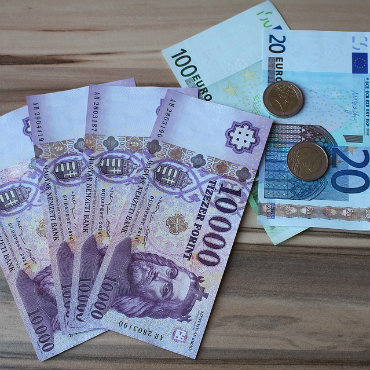
Hungarian politicians say that Hungary could only consider adopting the euro when its level of economic development is closer to that of the Eurozone countries.
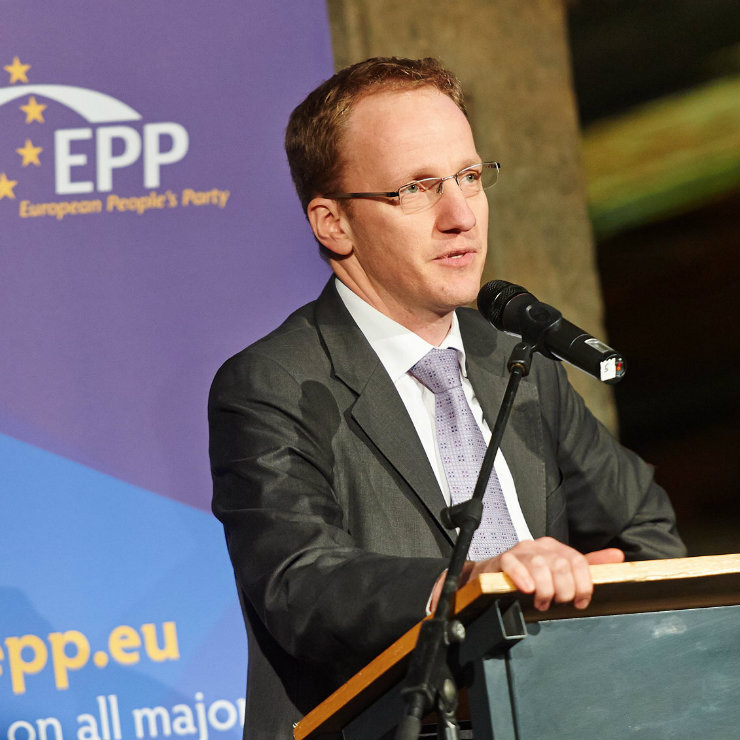
For Poland the quick adoption of the euro would be premature, believes Guntram Wolff, the Director of the Bruegel Institute in Brussels.
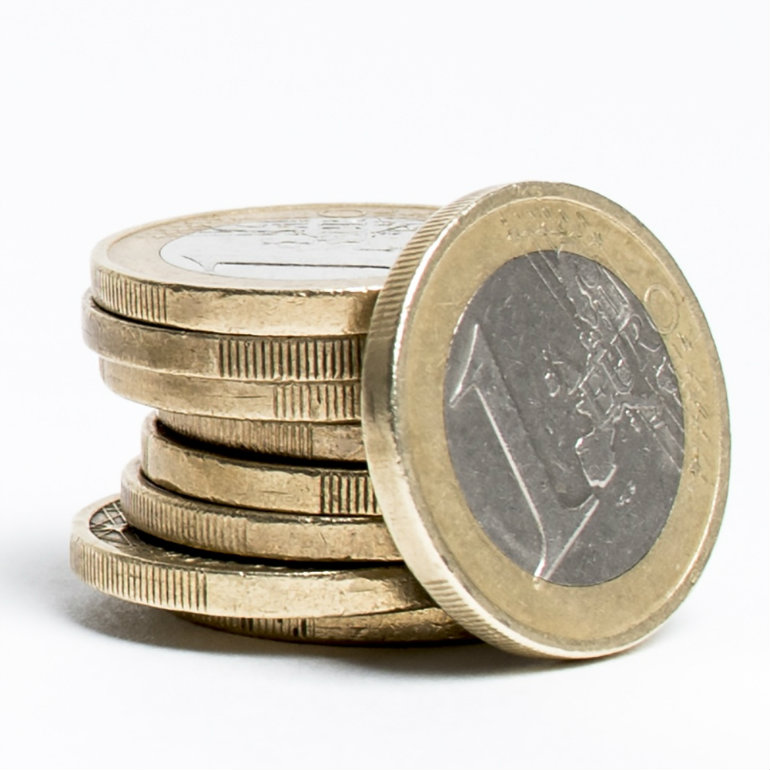
The factor deciding the pace of economic growth is the quality of the economic policy. There is no evidence that the adoption of the single currency inhibits economic growth.
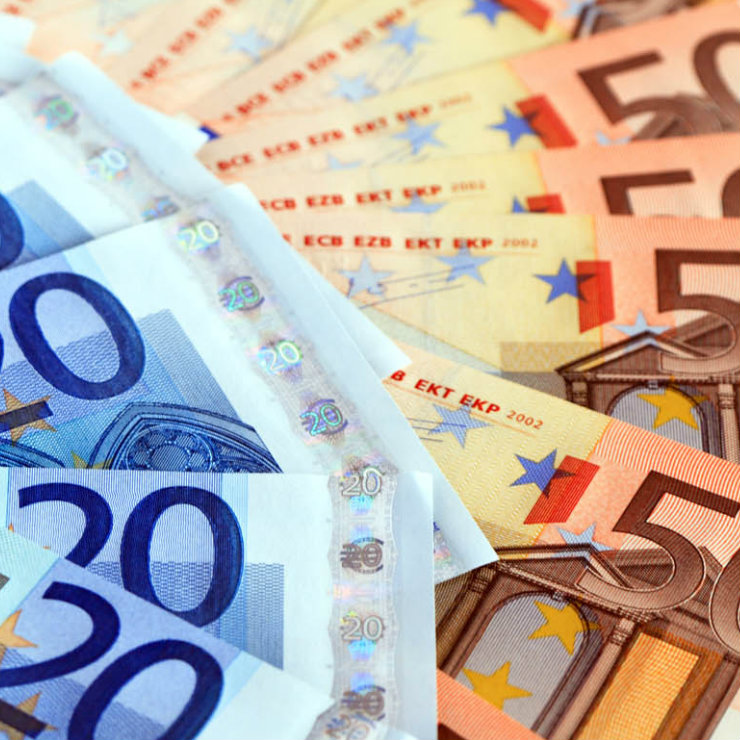
The governor of the Czech Republic’s central bank Jiri Rusnok said that the country is ready to adopt the common European currency, but “it would be better to wait until local wages and prices approached those of core euro...
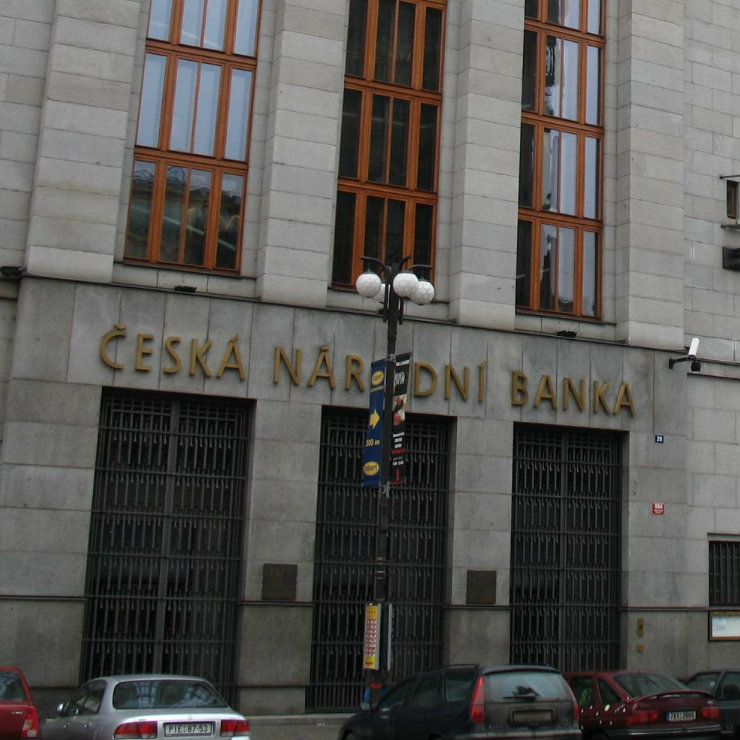
A year after Brexit decisions made by central banks in countries which were considering entering the Eurozone show that there is no intention to do so.
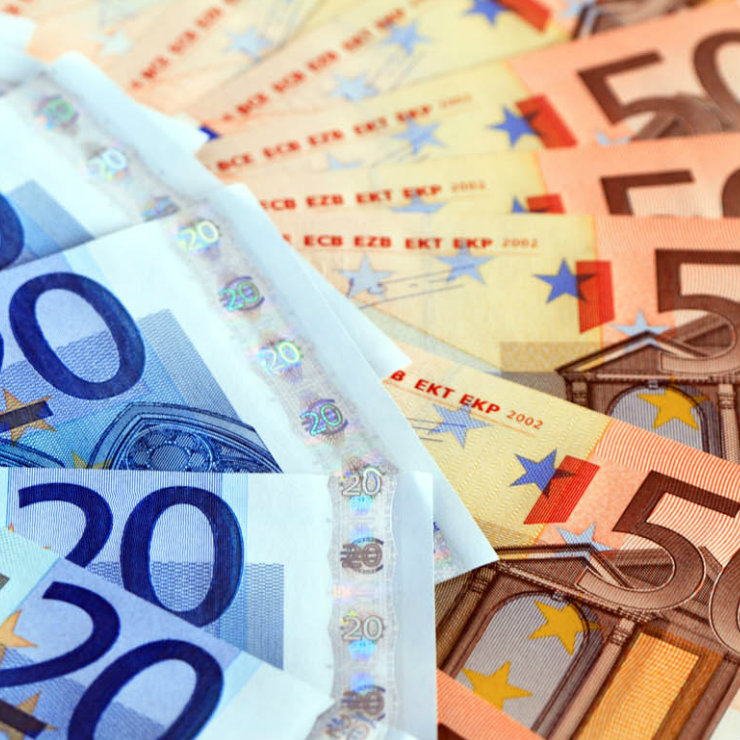
In the constant stream of incoming information we often miss other important reports from the market, such as the third tender under the TLTROs II program.
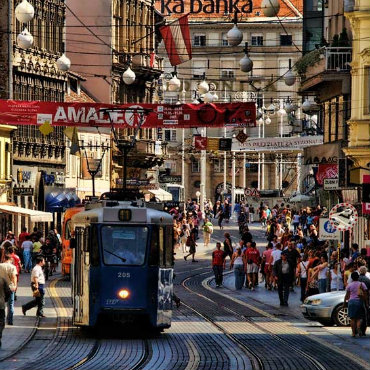
In Croatia, like in any other EU member state, the debate on joining the Eurozone divided experts and society. While the ruling elites declare FULL support for the idea, popular scepticism is increasing.
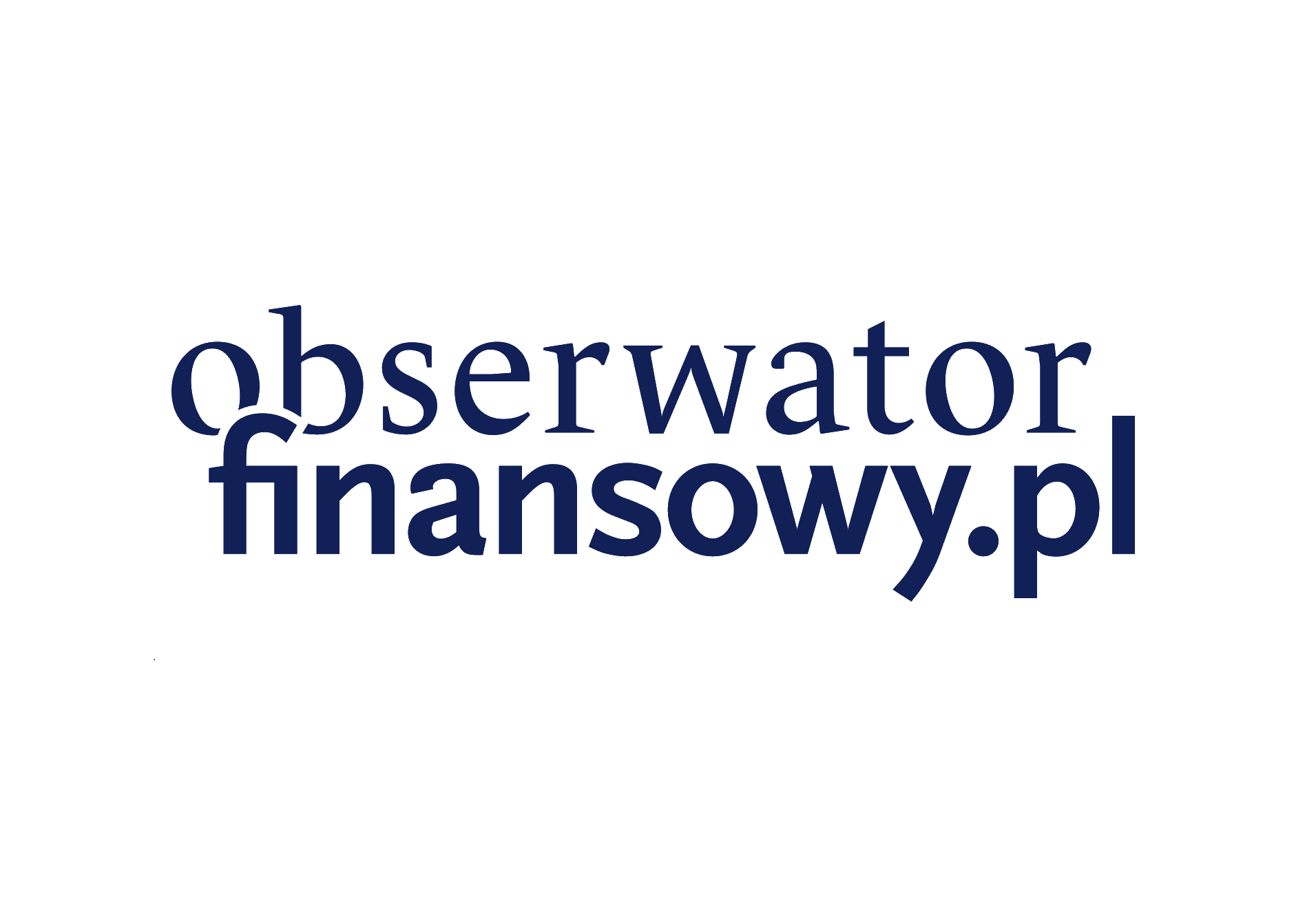
The Czech Republic will no longer require a euro coordinator, as it is not preparing to join the Eurozone, said Finance Minister Andrej Babiš.